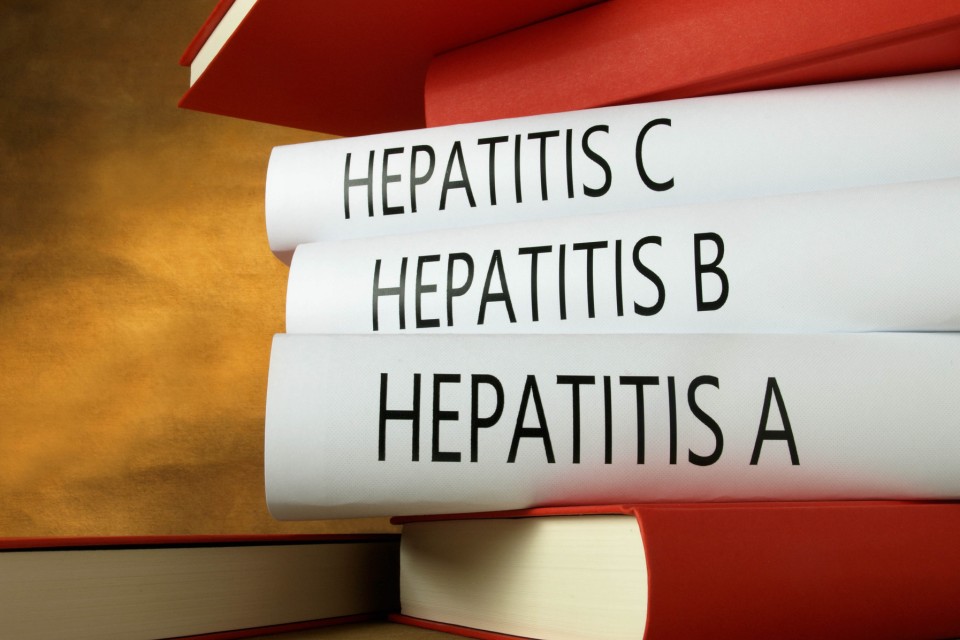
Table of Contents
What Is Hepatitis A?
Hepatitis is an inflammation, or swelling, of the liver. Alcohol, drugs (including prescription medications), poisons, and some viruses can all cause hepatitis. Hepatitis A is a liver disease caused by the hepatitis A virus (HAV).
There have been several hepatitis A outbreaks in the US in recent years.
Worldwide, hepatitis A outbreaks tend to occur every now and then and are often related to contaminated food or water in a specific location. According to the US Centers for Disease Control and Prevention (CDC), rates of hepatitis A in the US have dropped dramatically since the hepatitis A vaccine was introduced in 1995. However, there have been several hepatitis A outbreaks in the US in recent years. People at greater risk of severe disease from HAV include those with existing liver disease and people living with HIV.
Hepatitis A does not cause chronic (long-term) illness like hepatitis B and hepatitis C; and most people who get HAV can expect a full recovery.
How Is Hepatitis A Spread?
Hepatitis A is transmitted, or spread, when you put something into your mouth that has been contaminated by the feces or stool of a person with HAV. This could be by consuming contaminated water, food or drink prepared by a person currently living with HAV who did not wash their hands after using the bathroom, or food or water contaminated with human feces during the growing or production process, or through oral-anal (mouth-to-"butt") sexual contact.
Prevention of Hepatitis A
Good personal hygiene and proper sanitation are key to preventing HAV. It is important to wash your hands with soap and water each time after using the bathroom, after changing a diaper, and before preparing and eating food. It is also important to thoroughly wash fresh fruits and vegetables with clean water before eating them.
If you are in a resource-limited setting, it is especially important to follow these tips:
- Do not drink the water unless it has been boiled or is commercially bottled. This also applies to water you use to brush your teeth or any ice that may be in sodas, juices, or other beverages.
- Do not eat raw fruits and vegetables sold in the streets or at local markets without first cleaning them with clean (bottled, boiled or sterilized) water
The vaccine is recommended for people living with HIV, as well as for those who live in or are traveling to areas with high rates of hepatitis A.
Getting vaccinated for HAV is another way to protect against the virus. In the US, the HAV vaccine is approved for people 12 months old and older. The HAV vaccine is safe for people living with HIV, pregnant people, and people who are breast/chestfeeding.
The HAV vaccine is given in two shots over six months. Some people living with HIV who have low CD4 counts may need either a higher dose of these two shots, or additional shots to complete their HAV vaccination. You can also get a combined hepatitis A and hepatitis B (HBV) vaccine. The combination (HAV + HBV) vaccine requires three shots over six months. It is important to get all your shots in order to be fully protected.
The vaccine is recommended for people living with HIV, as well as for those who live in or are traveling to areas with high rates of HAV. It is also recommended for gay and bisexual men, people who use drugs, people with blood clotting disorders (for example, hemophilia), and people with chronic liver disease (including hepatitis B or C). The CDC recommends that all children be immunized at age 1 year.
After a person has been exposed to HAV and has not received the hepatitis A vaccine, giving an injection of immune globulin can prevent infection. This is called post-exposure prophylaxis, or PEP. Immune globulin contains antibodies against HAV, which provide short-term protection against infection. Immune globulin can be given before and within two weeks after coming in contact with the virus. In 2007, the CDC changed the US guidelines to allow the use of not only immune globulin but also the hepatitis A vaccine to prevent infection after exposure in healthy persons aged one to 40 years.
Diagnosis and Treatment
A blood test for antibodies to HAV is the only way to be certain that someone has hepatitis A. The time between exposure to a virus and the development of symptoms is called the incubation period. For HAV, this period ranges from 15 to 50 days (average: 28 days). This means that people with HAV can spread the virus well before they know they have it. The incubation period becomes shorter as people get older.
Hepatitis A is an acute disease, which means that symptoms start suddenly and usually last no more than six months. Signs of HAV include:
- Jaundice (yellowing of the skin, eyes, and mucous membranes)
- Dark-colored urine
- Stool that appears pale and clay like
- Fatigue (extreme tiredness)
- Muscle and joint aches
- Loss of appetite
- Nausea
- Diarrhea
- Fever and chills
- Vomiting
- Pain in the right upper abdominal area
Some people who get hepatitis A have no symptoms at all, while others think they have the flu, and yet others become very ill and require hospitalization. There is currently no treatment for HAV, however rest and proper nutrition can relieve some of the symptoms. It usually takes about two months to recover, but one or two out of ten people may take up to six months.
Aside from supportive care and rest, it is important to stay away from alcohol and medications that are harmful to the liver. People living with HIV who acquire HAV rarely need to interrupt their HIV treatment. If you have any questions, it is important to contact your healthcare provider.

